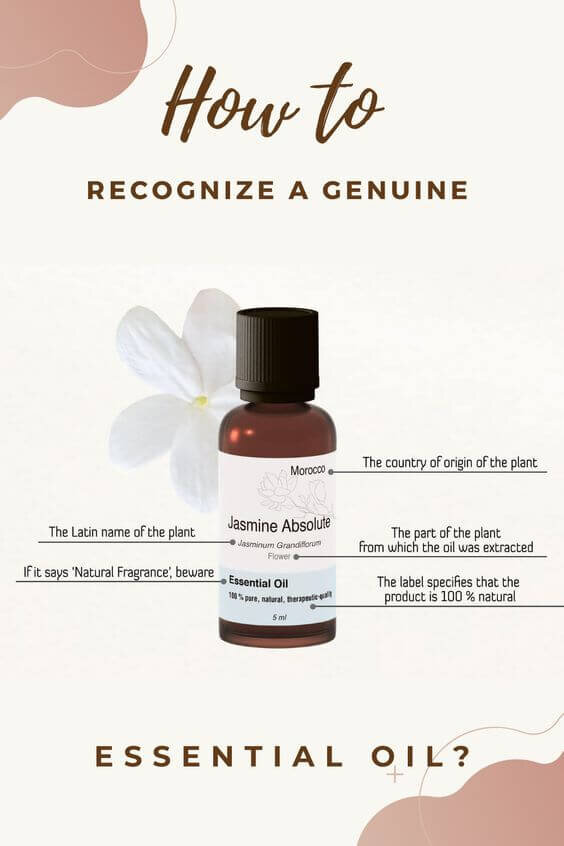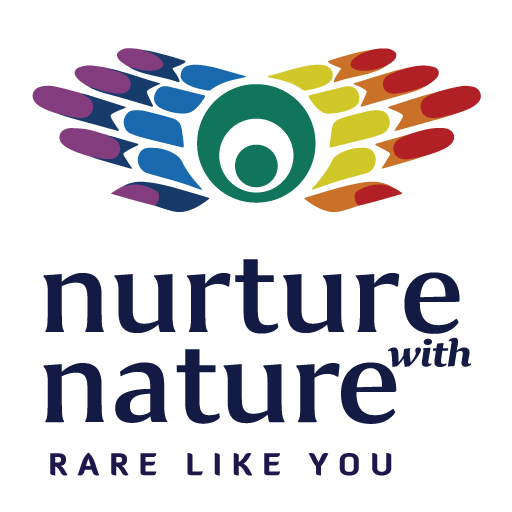Natural Scents
Share
How to Recognize a Genuine Essential Oil?
Nowadays you are constantly faced with especially strong and one-dimensional synthetic fragrances, it is not surprising that you could have difficulties in recognizing natural aromas that you often do not encounter. Natural scents are delicate and versatile. Unfortunately, it's hard to find really natural and pure essential oils.
We got used to the smell of unnatural scents. To start to recognize, feel and appreciate natural scents we should pay attention to our olfactory hygiene and get rid of the biggest irritants: scented chemical detergents, commercial perfumes, and other personal care products, room and car fresheners! When we are surrounded by these aggressive synthetics to "catch" the quiet and subtle scent of plants becomes more challenging.
Cultivate your sense of smell, trust your senses and you'll start to realize that not everything smells the way it is portrayed, advertised, and called in mass perfumery, personal care products, and cosmetics.
Anthropologist E.T. Hall states with respect to our own culture that: In the use of the olfactory apparatus, Americans are culturally underdeveloped. The extensive use of deodorants and the suppression of odor in public places results in a land of olfactory blandness and sameness that would be difficult to duplicate anywhere else in the world.
It will come as no surprise that mango butter does not smell like mango fruit - after all, mango butter is not made from fruit, it is extracted from the kernel of the mango tree.
Did you know that most of the time, when you smell a vanilla fragrance, you’re not smelling real vanilla at all? Most of the time, you’re simply smelling one of the major molecules that make the vanilla scent: synthetic vanillin. And you’re missing the complexity of the real essential oil. Natural vanilla has aromatherapeutic benefits that the synthetic version does not possess: it is calmative and uplifting, a mood-booster, and beneficial for sleep.
HOW DO YOU CHOOSE?
Most people don't truly educate themselves about essential oils before they buy. Essential oils are amazing and completely safe if you use them responsibly or not use cheap synthetic oils. In order to benefit from the therapeutic properties and ensure that the essential oil contains valuable active principles for health and beauty, it is important to choose purely pure oil, distilled with no additives and dangerous solvents, preferably an organic certificate. Given that there are a lot of so–called essential oils on the market, it is difficult to make the right choice without prior documentation. While we might like to assume that all oils— beautifully and professionally packaged and sold in seemingly reputable stores—are of the same quality, we’d be doing ourselves a disservice (Research Gate).
HERE ARE SOME KEY THINGS TO KEEP IN MIND WHEN CHOOSING THE ESSENTIAL OIL THE LABEL MUST CONTAIN:

1. Is the Latin name of the plant provided? Latin name specifies the exact genus and species of the plant your essential oil comes from. For example, there are several species of lavender.
2. Is the name of the country in which the plants were grown provided? A consumer would not be expected to differentiate oils from different countries, but this information is important to aromatherapists because quality can vary by country and has a significant impact on the biochemical composition of essential oils.
3. Is there a statement about purity? You should be informed if it is not 100% essential oil (meaning, it has been altered or mixed with something else). The quality essential oil will always be 100% natural, pure and unmodified, i. e. not diluted with semi-synthetic or synthetic molecules, mineral oils; unaltered in odor and color, and without any additives, other essential oils, vegetable oils, alcohol, terpenes.
4. Is the cost comparable in comparison with other brands of the same essential oil? If it's really cheap, it probably isn't the real thing. Quality essential oils are not cheap. It is not worth expecting large companies to sell ultra-high quality essential oils. It is objectively impossible to obtain high-quality essential oils if we distill them industrially in hundreds of tons. Your chance of getting real, pure essential oils from multi-seller sites like Amazon is very low. The highest quality essential oils are distilled by craftsmen in small farms, where a lot of manual labor, constant care, and love for plants and their substances are required.
5. Is there information about organic growing or wildcrafting (gathering wild plants)? Is rare and endangered plant species (Sandalwood, Rosewood, Agarwood, Frankincense, etc.) sourced by sustainably-managed practices.
6. Is essential oil stored in a dark glass bottle? When it comes to essential oils the packaging is very important. Essential oils should always be stored in glass containers. Essential oils contain strong chemical compounds that can break down and react when coming in contact with plastic. Containers must be of dark glass and must not be exposed to sunlight.
And for those who are mostly interested in sustainable and eco-friendly products, it’s important to clarify that natural oils come from materials that have to be farmed, and hundreds of pounds of plant matter can be required to produce a single pound of essential oil. It takes 10,000 roses to fill a single 5ml bottle (60 roses to create a single drop of Rose Otto oil). A 5ml bottle of distilled high-quality organic Rose Otto could cost around $100 in today’s world market. However, there are also less expensive oils due to the abundance of inexpensive raw materials and high productivity. Such oils are citrus–lemon, orange, bergamot, lime, lemongrass oil, tea tree oil. So, the essential oil is very precious.
The first thing to understand is the difference between natural scents and synthetic fragrances.
A natural scent is a composition of raw materials extracted directly from nature, while a synthetic fragrance is composed of materials that are man-made. Synthetic fragrances can effectively imitate most of the essential oils’ scents, but cannot imitate their healing qualities. Each essential oil is made up of complex naturally occurring chemicals and components, but they’re all based in nature and come from the earth. Natural essential oils are extracted from blossoms, citruses, woods and leaves, spices, and resins.
The fine line between natural scent and synthetic fragrance. Fake essential oil brands use any of the following tactics:
- semi-synthetic oils; it can be created from some synthetic, natural, or artificially modified notes; sometimes, it’s derived from all three
- synthetic oils or aroma notes, completely man-made, are created to reproduce artificially natural essences or to recreate notes of different creative inspiration. Many synthetic chemicals in fragrances are derived from petrochemicals (petroleum-based) and can be harmful to human health.
Nature is undoubtedly the greatest chemist, for the aromatic essences of plants in the entire known flora could not be synthesized in the thousands of years of joint efforts of all chemists in the world (Research Gate).
If we look clearly we will understand that Reality is much more impressive and inspiring than an illusion. Natural lavender fields can't be compared or replaced with plastic lavender bouquets. As well as synthetic scents can never duplicate or clone the beauty, authenticity, and mystery of natural plant, which was grown from seed in the soil, was nourished and nurtured by sun and wind. Imagine a cup of the fresh thymus, peppermint, or chamomile tea, when you sniff that smell your imagination can bring you into vast fields or beautiful gardens, where these herbs were charged and nurtured by sun rays and raindrops. Essential oils are a wonderful luxury, that can immediately take us into purple lavender fields in French Riviera or inspiring evening walk around the Jasmine bushes just in one sniff. Find magical moments with these tools, which are so precious, healing, and enriching. Transport yourself to a citrus garden with Happy blend or check our eight beautiful blends and inspire yourself to spend quality time with you, nurturing your true nature “the real Wow”.
